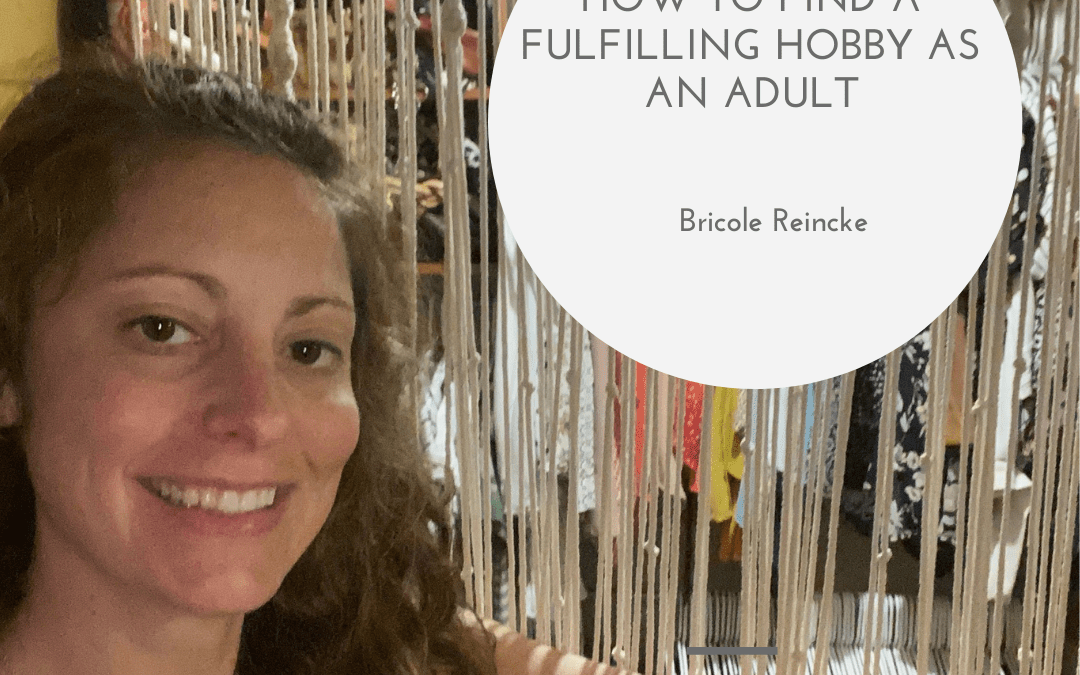The notion that work becomes most of what our life revolves around feels daunting. It’s easy to slip into mental spaces where the crushing weight of a job can diminish your passions and interests for anything outside of food and sleep. Further, it can feel silly to invest time in a hobby when traditionally adult activities have been centered strictly around socializing and drinking. The societal association between personal pursuits and childhood remains disappointing and misleading. There is significant evidence to suggest that adult caring about a hobby produces a more well-rounded individual who is generally happier and more productive. But after years of ignoring hobbies, how can you create the time and energy to develop personal passions?
One good strategy: think about structuring your life in terms of weeks, not days. The seven-day week already generates the general rhythm we associate with life. A week has 168 hours in it. Forty hours a week is devoted to working, another 8ish hours a day are dedicated to sleep over a week that leaves you with roughly 72 hours of total free time, or three whole days. When viewed from that lens, you actually have a substantial chunk of space to develop a passion. When trying to start on your hobby, chart your week out. Focus on how you do things in half-hour increments, and see where you have space to fill in for hobby time. You’ll probably find what’s true for most people: we have plenty of time to focus on a hobby; we just are not necessarily great at managing our time. While it might feel comfortable coming home and shutting down after a long day, your long-term health and well-being are better off if you find time to invest in some endeavor. Just be wary of overscheduling otherwise your new hobby might start to feel like your second job.
One of the simplest ways to determine a new hobby is to focus on what you liked as a child. Think about the activities that brought you carefree bliss, regardless of how “good” you were at it. You might find the things you loved belong in the past, that you were looking at them through nostalgia tinted glasses. On the flip side, you have a chance at reigniting something you left aside long ago which can stimulate a greater sense of self and help you reconnect with your past.
Finding something that is not related to your workday is vital. Your hobby should be a space to decompress and move on from the workday, not fixate on it. If you work in a job that requires a ton of reading and communicating, maybe try something you can do with your hands that affords you space to yourself. And don’t be afraid to jump around a couple of different hobbies and projects if you can’t find one you settle on right away. It’s not always easy determining our passions or where to invest our energy. Just so long as you don’t make a screen your hobby, you should have no fears about trying different activities to see what fits.

